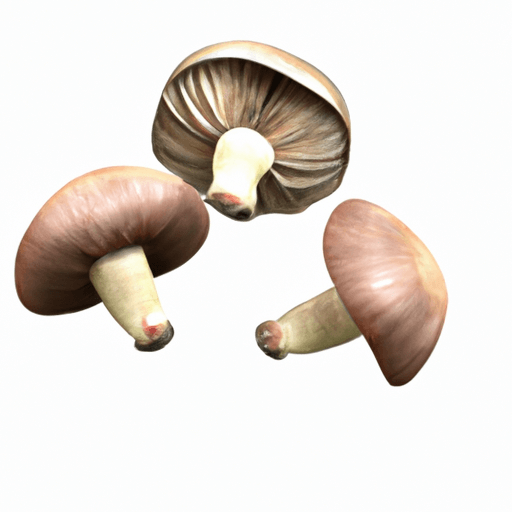Seasonal Eating: Exploring the Health Benefits of Eating Locally Grown Produce
Eating locally grown produce that is in season is an excellent way to improve overall health, benefit the environment, and support the local economy. Seasonal produce offers a wide variety of vitamins, minerals, and other essential nutrients that are beneficial for both our bodies and planet. Additionally, seasonal produce can be used in a variety of recipes to create delicious dishes. Read on to learn more about the numerous health benefits of seasonal eating, examples of seasonal produce, and how easy it can be to switch to a seasonal diet.
Health Benefits of Eating Seasonally
Eating seasonally has numerous benefits for our health. Seasonal produce tends to be fresher, as it is picked ripe and doesn’t have to be stored or shipped for long periods of time. This helps to preserve the nutritional value of the produce. Seasonal fruits and vegetables are also grown in their natural environment, meaning they are more likely to be organic and free of synthetic fertilizers and pesticides. Eating organic produce helps to reduce exposure to potentially harmful chemicals and toxins that can cause health issues.
Seasonal produce also tends to be more affordable than out-of-season produce, as it is in greater abundance and can be found in local markets. Eating seasonally can help to reduce food waste, as it encourages people to eat what is available rather than buying produce that has been imported from other countries. Finally, seasonal produce can help to diversify your diet, as each season brings its own unique fruits and vegetables.
Examples of Seasonal Produce
There are a variety of seasonal produce available throughout the year. In the spring, you can find asparagus, leeks, peas, lettuce, carrots, and radishes. In the summer, look for berries, corn, tomatoes, zucchini, melons, and peaches. Fall brings squash, apples, pears, pumpkins, and sweet potatoes. Finally, the winter season offers Brussels sprouts, kale, cabbage, and oranges.
Recipes with Seasonal Produce
Seasonal produce can be used in a variety of recipes to create delicious dishes. For example, in the spring, you can make a salad with asparagus, leeks, and peas. In the summer, try adding corn, tomatoes, and zucchini to a tropical salsa. For fall, make a hearty soup with squash, apples, and pears. In the winter, Brussels sprouts, kale, and cabbage can be used to make a delicious stir fry.
Switching to a Seasonal Diet
Switching to a seasonal diet is easy and has a positive impact on both your health and the environment. Start by researching what produce is in season in your local area. Visit your local farmer’s market to find the freshest produce. When you shop for produce, choose organic if possible and avoid buying produce that has been imported from other countries. Finally, get creative in the kitchen by using seasonal produce in a variety of different recipes.
Eating seasonally is an excellent way to improve your overall health, benefit the environment, and support the local economy. Seasonal produce offers a wide variety of vitamins, minerals, and other essential nutrients that are beneficial for both our bodies and planet. Additionally, seasonal produce can be used in a variety of recipes to create delicious dishes. Switching to a seasonal diet is easy and has a positive impact on both your health and the environment.

















Comments
Leave a Comment